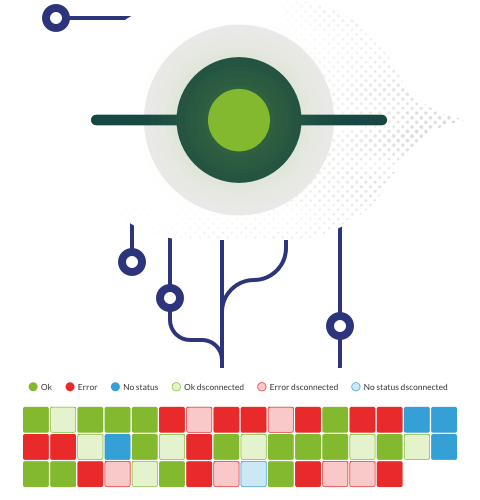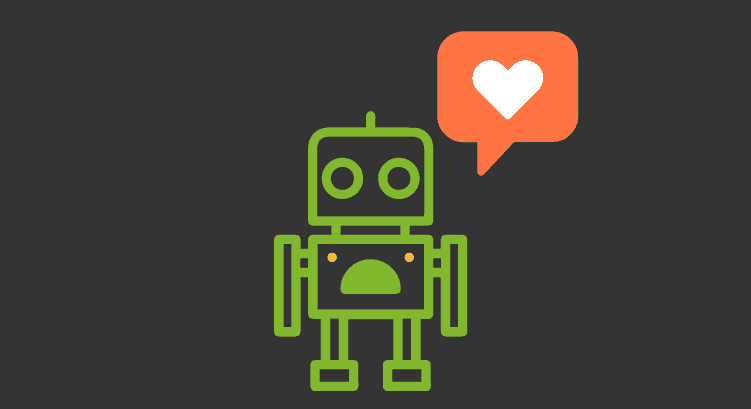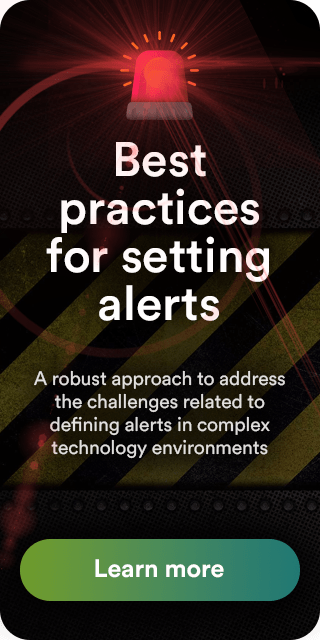Emotional robots and other examples to monitor our feelings
We have always tried to know – with greater or lesser success – the feelings of others.
From the quaternary man who, inside his cave, looked into his partner’s eyes trying to discern her, to the present days, when we try to discover and predict practically everything about those around us, the feelings of others have always mattered to us because they allow us to please others and interact with them more effectively.
What happens is that nowadays everything changes. The techniques to find out how that person feels or thinks have evolved far beyond the rudimentary mechanisms used by our ancestors, and will continue to do so in the near future.
Today there are already some more or less rudimentary examples of monitoring feelings that anticipate a strange future in which we will relate to machines, also on an emotional level, as we would with human beings.
Some examples to monitor our feelings
– Emotional robots
They are becoming increasingly popular and enjoy great success in some particularly avant-garde countries, such as Japan.
Emotional robots seek to be the “perfect companions” of their owners, and therefore have the ability to discern whether they are angry, happy or sad, based on variables such as tone of voice used by the user.
However, the current models are only the beginning of a technology that promises explosive development over the next few years. To the commercial or domestic use of the current emotional robots it is probable that its use will be added, very soon, in educational environments, hospitals and in the care of the elderly.
Given these perspectives, the question is clear: do we want to replace human beings with emotional robots in such basic matters as emotional interaction? If this substitution is carried out, will it have positive or negative effects?
– Emotional virtual assistants
Does anyone doubt that, in a short time, they will begin to interact with us in a much more emotional way?
Despite their current limitations, virtual assistants are already treated by some people almost as companions, but there are multiple visions of the future in which they would take this type of relationship much further, as machine learning and artificial intelligence continue to develop and enable much deeper relationships.
A clear example can be found in the film Her, directed by Spike Jonze and with Joaquin Phoenix in the main role of a man scorned after a rupture that falls madly in love with his operating system, a software capable of understanding the user’s emotions, interacting with him intimately and developing his own emotions. Will we go that far in our interactions with intelligent software?
– Monitoring of social networks
There are already tools that monitor the interactions, mentions, etc. of users with respect to brands.
This is an indirect and very basic but significant way of monitoring feelings. For companies, knowing what users’ opinions are is key. Aspects such as the digital reputation are reflected through all kinds of comments and considerations of users, which are still a reflection of their feelings about the brand.
Companies take this issue so seriously that, in recent years, multiple tools have been developed to monitor social networks, and that, in some cases, even divide their categories into sections as explicit as “feeling”.
Are we really looking at feeling monitoring? In a general way, not too specific, you could say yes, and social networks have become places where people pour a lot of information about their tastes and preferences that let you glimpse their opinions and emotions.
– Emotional IoT
Beyond specific devices, such as robots or virtual assistants, in our near future a whole generation of emotional devices appears, capable of knowing our tastes, preferences and moods.
There are already applications that try to persuade us, suggesting purchases on our mobile phone, for example. And while it’s doubtful that they know our feelings, they do intend to anticipate our desires. In the future, it is foreseeable that this type of software will go even further.
Thus, multiple devices (as varied as we can imagine) will be able to detect and affect our mood, carrying out actions such as selecting the music of our environment depending on our emotional state or even making an appointment with our doctor if they detect that we are very low mood or energy, all autonomously, only analyzing us. We are talking, for example, about wearables, domestic appliances or even devices with which we interact in the street.
Now, are these types of relationships, which many would consider invasive, permissible? Are they desirable? To what extent will our intimacy or not violate the ability of some devices to know us so intimately? Not to mention issues directly related to the security, freedom or access that third parties may have to all this sensitive information.
The future is a place as exciting as it is strange and unpredictable; therefore, for the moment we can only imagine how this will be. What is your opinion? Would you feel comfortable interacting, for example, with a robot that understands your emotions even better than you do?
We’d love to read your opinions. In addition, you can share them with the readers of this blog very easily, leaving a message in the comment box that you will find at the end of this article.
But before you do, why don’t you spend a few minutes getting to know Pandora FMS?
Pandora FMS does not monitor feelings, but it can help you to control very important aspects of your business. Because Pandora FMS is flexible monitoring software, capable of monitoring devices, infrastructures, applications, services and business processes.
You want to get to know it a lot better? Click here: https://pandorafms.com/
Or you can also send us any query you may have about Pandora FMS. You can do this in a very simple way, thanks to the contact form that can be found at the following address: https://pandorafms.com/contact/
Our Pandora FMS team will be happy to assist you!
Pandora FMS’s editorial team is made up of a group of writers and IT professionals with one thing in common: their passion for computer system monitoring. Pandora FMS’s editorial team is made up of a group of writers and IT professionals with one thing in common: their passion for computer system monitoring.


















